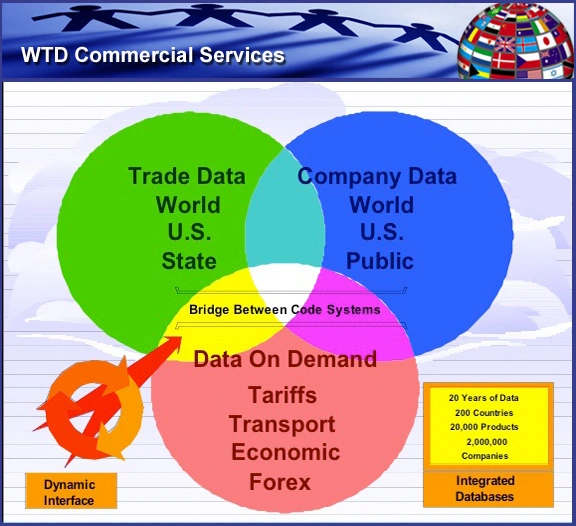From the OECD: High Level Meeting for the Development Centre’s 50th Anniversary. 17th of May 1961: Speaking in Ottawa, Canada, President John F. Kennedy suggested that the OECD should build the foundations for a Development Centre. His vision was to create a space, where advanced and developing countries could work together, free from politics and ideology, to help developing countries overcome their economic and development challenges.
In 1962, this vision came to life. A group of wise and forward-looking men, including economist and Nobel prize-winner Jan Tinbergen, outlined the Centre’s objective: to help policymakers find solutions to the challenges of development, poverty and inequality. The Centre would share the expertise and experiences of OECD member countries in ways which were adapted to the needs and circumstances of developing countries. This was not about aid, it was about development!
The Centre has been tasked to pursue these goals: conducting rigorous economic analysis, stimulating contacts between OECD countries and developing countries, exchanging information and ideas, and increasing our knowledge about economic growth and progress.
 At 50 years young, the Development Centre continues in the spirit of President Kennedy’s inspiration, but finds itself in a new reality. Over the last ten years developing and emerging-market economies have greatly increased their contribution to global growth, shifting the economic centre of gravity to the South and the East. Developing and emerging-market economies now account for nearly 50% of world GDP, a far cry from the 36% that these countries represented when the OECD Development Centre was created in 1962.
At 50 years young, the Development Centre continues in the spirit of President Kennedy’s inspiration, but finds itself in a new reality. Over the last ten years developing and emerging-market economies have greatly increased their contribution to global growth, shifting the economic centre of gravity to the South and the East. Developing and emerging-market economies now account for nearly 50% of world GDP, a far cry from the 36% that these countries represented when the OECD Development Centre was created in 1962.
Though the world may have changed in many ways, challenges remain. Poverty is still a worrying and stubborn challenge, even in the fastest growing developing and emerging economies. Inequality is on the rise in many parts of the world, including in many OECD countries. Social development and well-being are being constrained by a lack of basic public services, such as education and health care.
Today almost half of the global middle class live in developing and emerging economies. By 2030, it will be nearly 4 billion.
The OECD: In this changing world, the OECD is also changing the way it works on development and with developing countries. Although development has always been at the core of its mandate – it is the ‘D’ in the OECD – a broader approach is needed. Therefore they are working on the OECD Development Strategy with a view to increase the coherence of their own policies and support developing countries in designing better policies.
A new approach to development requires new thinking about development. “Development” is no longer seen as a policy challenge for developing countries alone. Inequality, climate change and conflict make development a global objective with implications for both developed and developing countries.
Below is JFK’s 1961 speech.
An 8 minute video about the OECD


 03/03/2012
03/03/2012 
























































































































































































































































































































































No comments yet... Be the first to leave a reply!